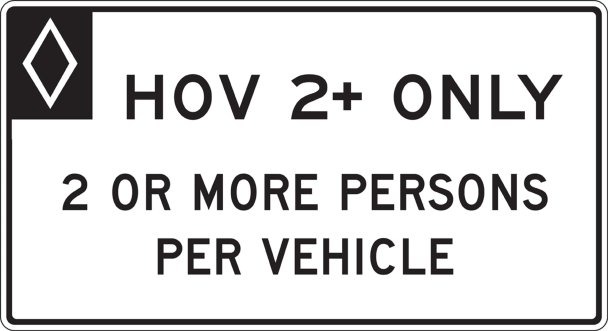By John Bozzella
If you’re a driver of an electric or low-emission vehicle in Arizona, California, Colorado, Florida, Georgia, Hawaii, Maryland, New Jersey, New York, North Carolina, Utah or Virginia, you might be registered to drive in your state’s high occupancy vehicle lanes.
These states have opened their HOV and carpool lanes to electric and alternative fuel vehicles.
And millions of drivers take advantage of the program.
It’s a practical and successful policy that does a few things at once: It cuts commutes, improves air quality and supports the switch to EVs and new vehicle technologies.
And it doesn’t cost taxpayers anything.
All good things.
But allowing EVs and alternative fuel vehicles to operate on HOV lanes requires special permission from Congress – mostly because the lanes exist on federally funded highways.
For 30 years, Congress granted states, counties and local governments that permission slip – an “exemption” in Washington speak.
Here’s the problem: That permission slip expires on September 30.
How could this happen?
On this one... politics isn’t to blame.
These EV and alternative fuel vehicle lanes operate today in red and blue states and were backed by Republicans and Democrats over the years.
They’re not controversial.
In fact, the last HOV exemption for EV drivers was included in a 2015 highway and infrastructure bill and was scheduled to last for 10 years, which happens to be the end of September.
In other words, it’s really a glitch that Congress can easily fix.
They just need to extend the exemption program while Congress finishes its work on a new highway bill.
The good news: Congress is working on a plan.
Sens. Alex Padilla (D-CA), John Curtis (R-UT) and Kirsten Gillibrand (D-NY) and Rep. Mark DeSaulnier (D-CA) are backing an extension plan to keep the HOV lanes open to EV drivers and make sure the lives of drivers in these states aren’t disrupted for no good reason.
Like I said, bipartisan.
And what could be less controversial than cleaner air through lower emissions; faster commutes; and a program that encourages customers to choose advanced vehicle technology?
Just a few reasons Congress should pass this HOV extension plan before the September 30 deadline and keep current – and future – EV drivers in the fast lane.
John Bozzella is president and CEO of Alliance for Automotive Innovation.

